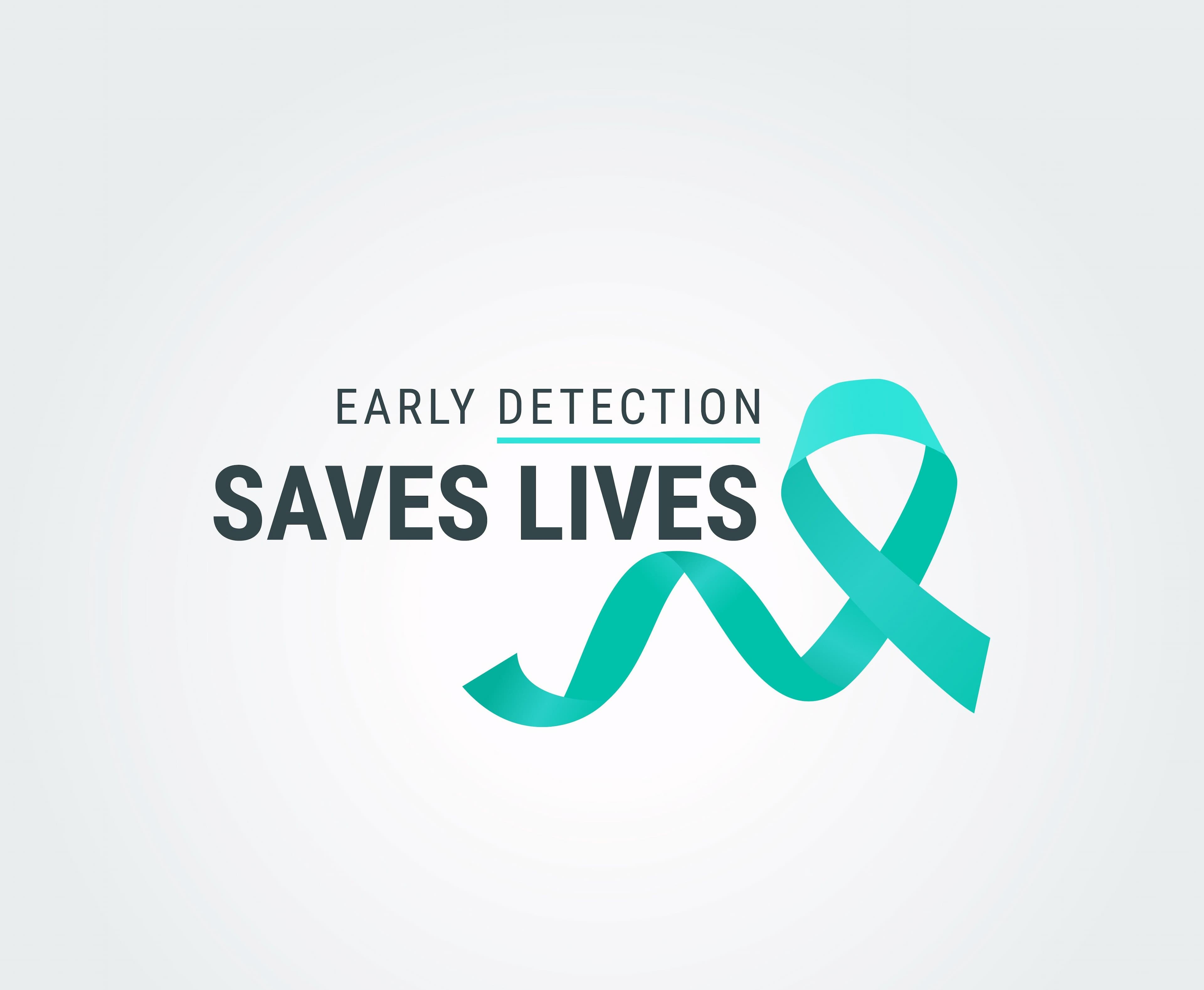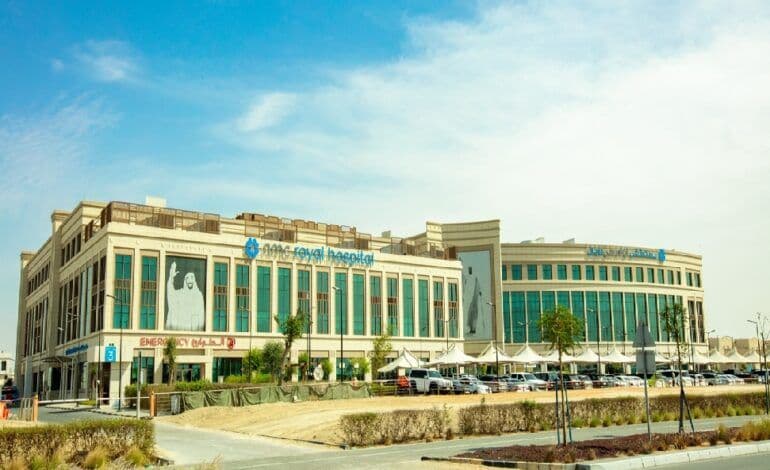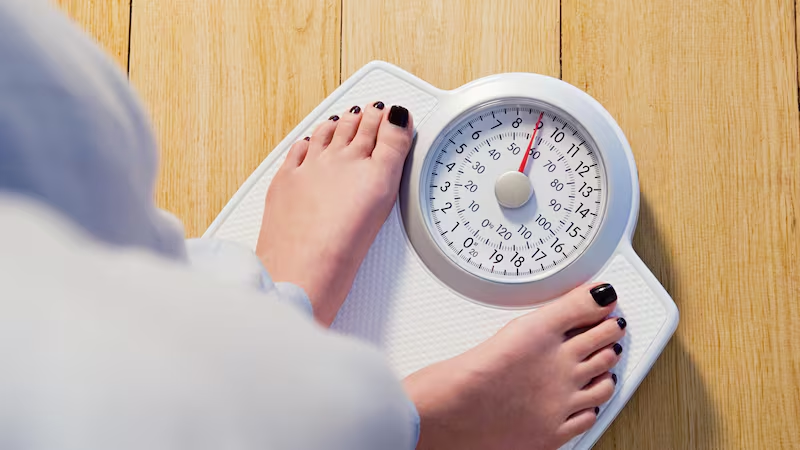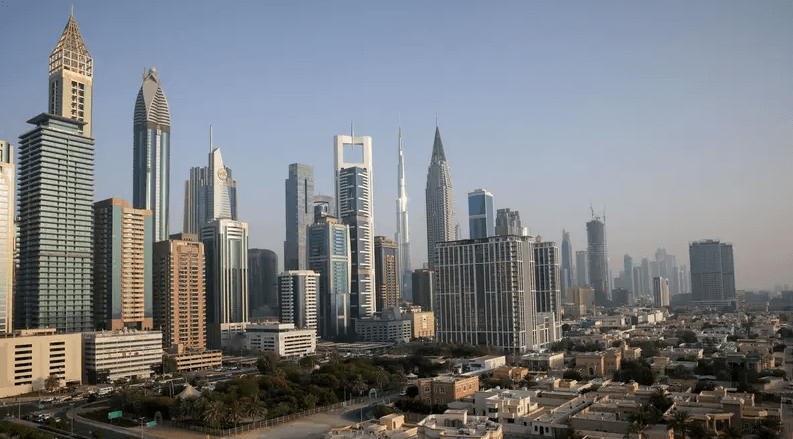
‘Sick Building Syndrome’: UAE doctors see spike in illness from office environments
Doctors in the United Arab Emirates are warning that the environment of workplaces could be damaging workers’ health after seeing a rise in the number of cases related to Sick Building Syndrome (SBS).
Office workers visit clinics every month, complaining of headaches, sore throats, itchy eyes, breathing difficulties and skin complaints; symptoms related to SBS.
SBS is attributed to unhealthy or stressful factors – such as poor ventilation and dust, fungal spores, and other airborne particles – at workplaces.
Dr Trilok Chand, a specialist in respiratory medicine at Abu Dhabi’s Burjeel Hospital, told Al Arabiya English that Sick Building Syndrome is when a person experiences adverse health effects due to the indoor air quality in offices, homes, and school buildings.
“Sick Building Syndrome is caused by poor air quality due to poor ventilation, dust, carpet fibers, and fungal spores,” he explained. “Indoor air quality is also affected by outdoor air quality due to factors like pollution or sandstorms that happen in the summer. Ultimately, air flow in the buildings comes from the outside. In the winter season, poor ventilation and crowding can also cause infections.”
Due to poor air quality, patients across the UAE can complain of respiratory symptoms as well as skin and eye allergies. Respiratory symptoms include dyspnea, cough, throat pain, sneezing, insomnia, and headache.
“We see patients with Sick Building Syndrome,” he said. “Recently we encountered some teachers who experienced these symptoms due to poor ventilation when the schools reopened.”
“Patients with Sick Building Syndrome sometimes have existing symptoms like asthma and COPD,” in reference to chronic obstructive pulmonary disease.
“Due to poor air quality, respiratory symptoms can worsen. In these patients, problems like bronchitis, respiratory infections, pneumonia, and allergic symptoms, including skin and eye allergies, can also occur.”
While these problems are not often seen in many of the UAE’s new buildings, they can be seen in people living or working in older premises.
“The health authorities are so vigilant here that they regularly keep eyes on spurts of unusual symptoms due to poor air quality and condition of offices and residences,” said Dr Chand.
“However, employers have a shared responsibility to provide clean air in the workspace. The offices should be clean, and the carpet area should be minimized. The ventilation system should be checked from time to time and thoroughly cleaned by an expert AC maintenance team.”
“If you want to improve indoor air quality and avoid Sick Building Syndrome, you can install good quality and efficient air purifiers that can trap dust particles, viruses and fumes and improve the air quality. Another action that could be taken is prohibiting smoking in office areas. Smoking is a man-made pollution in the workspace that can affect employees working in the same place.”
Better ventilation systems needed
Dr Gopal Chawla, Pulmonologist & Sleep Medicine Physician at NMC Specialty Hospital, Dubai Investment Park, told Al Arabiya English that employers should invest in better ventilation systems and air-quality measures to safeguard the well-being of their staff.
“There is a lot of concern about outdoor air pollution, yet we hardly think about indoor pollution,” the doctor said. ”Sick Building Syndrome is not a new concept and has been existing for a long time in fast growing economies. It has been seen in people in some specific buildings where they are working or living where they develop symptoms including watery itchy eyes, sore throat, dry cough, runny nose, feeling of malaise or breathlessness.”
“These symptoms can develop very slowly so many never realize when it starts – until one day when they become all too aware of them.”
It can apparently be so variable that people in the same building may have varying symptoms, not realizing that the root cause is the same.
Dr Chawla said workers who experience more than one symptom should seek medical advice.
“The best way to know is if these symptoms occur more than twice, when you are in a particular place. Also – if the symptoms disappear when you are away on vacation or some other place.”
“In our clinics we receive many patients like these; most of them come with complaints of coughing and nasal problems while some come with breathing issues.”
“Prevalence is more in females and ones doing menial jobs.”
Dr Chawla said, in the UAE, people are more susceptible in buildings where there is high indoor temperature (over 23°C in air-conditioned buildings), low fresh air ventilation in air-conditioned office and maintenance issues, such as water leakage and poor sanitation which can cause infections like bacteria and fungus.
“We breathe almost 8000 liters of air (every day) and 90 percent of this is indoors. So, work buildings as well as homes should have properly fitted cleaned duct systems with regular influx of fresh air. Apart from ducts, cleaning chemicals, pesticides, carpets, even aromatic air fresheners are responsible for SBS symptoms.”
“It’s important to keep workplaces clean because dust as well as microorganisms can cause these symptoms. Many fungal and bacterial infections spread through the duct system.”
“Constant leakage acts as fertile ground for fungus and its spores spread rapidly in close buildings. A thorough building investigation like examining the HVAC for contaminations, looking for standing water, mold growth, rodent droppings, along with ventilations can help the ones living or working in the building.”

